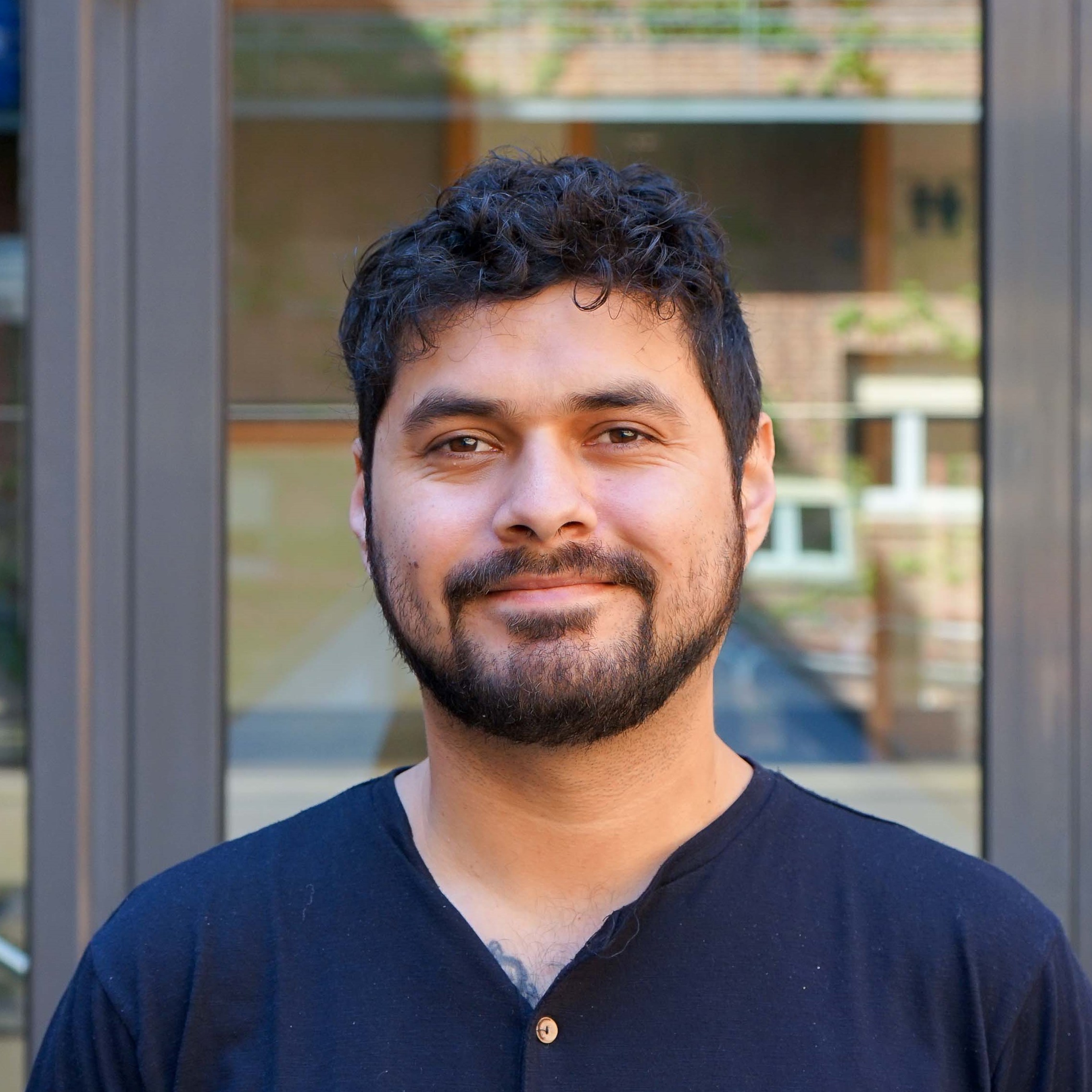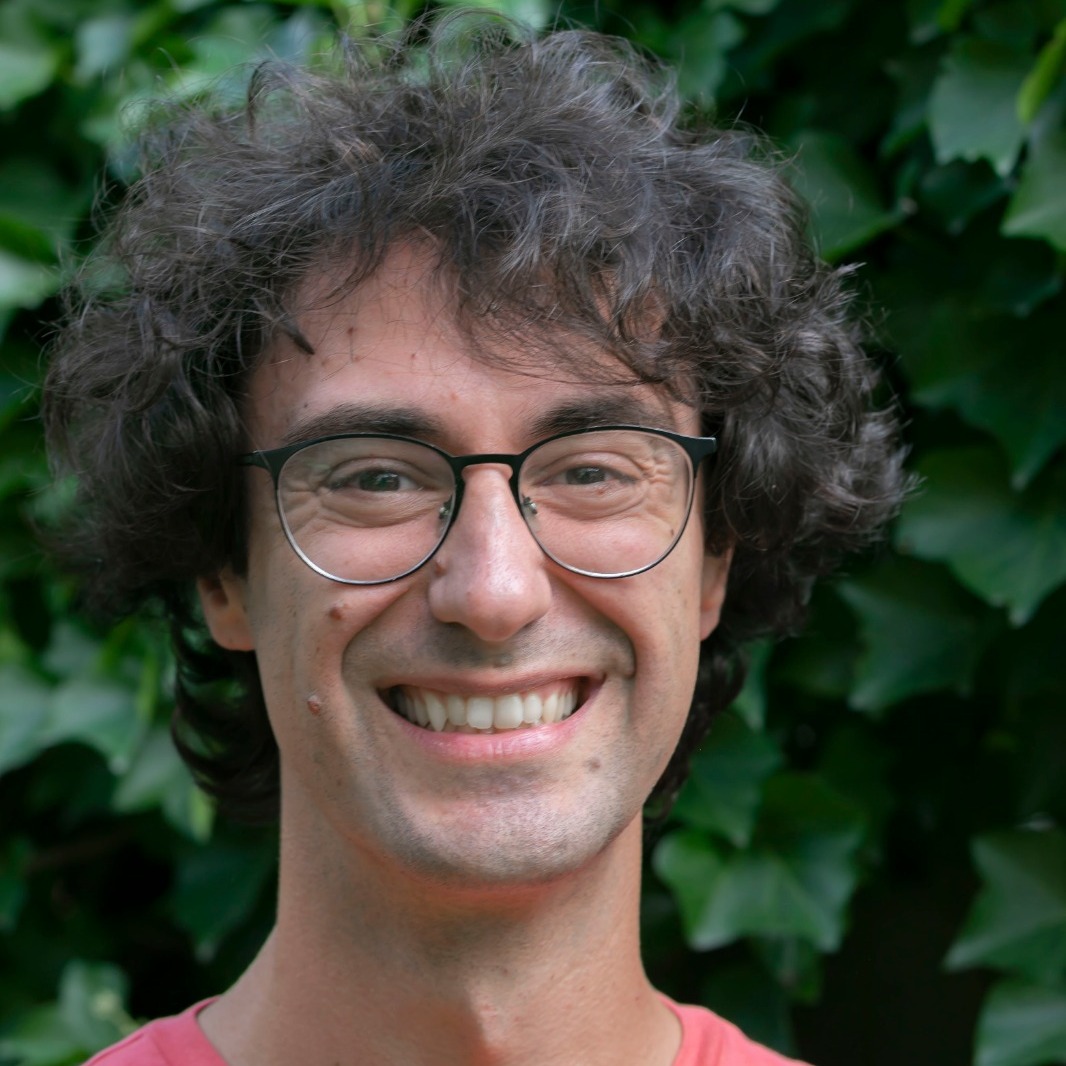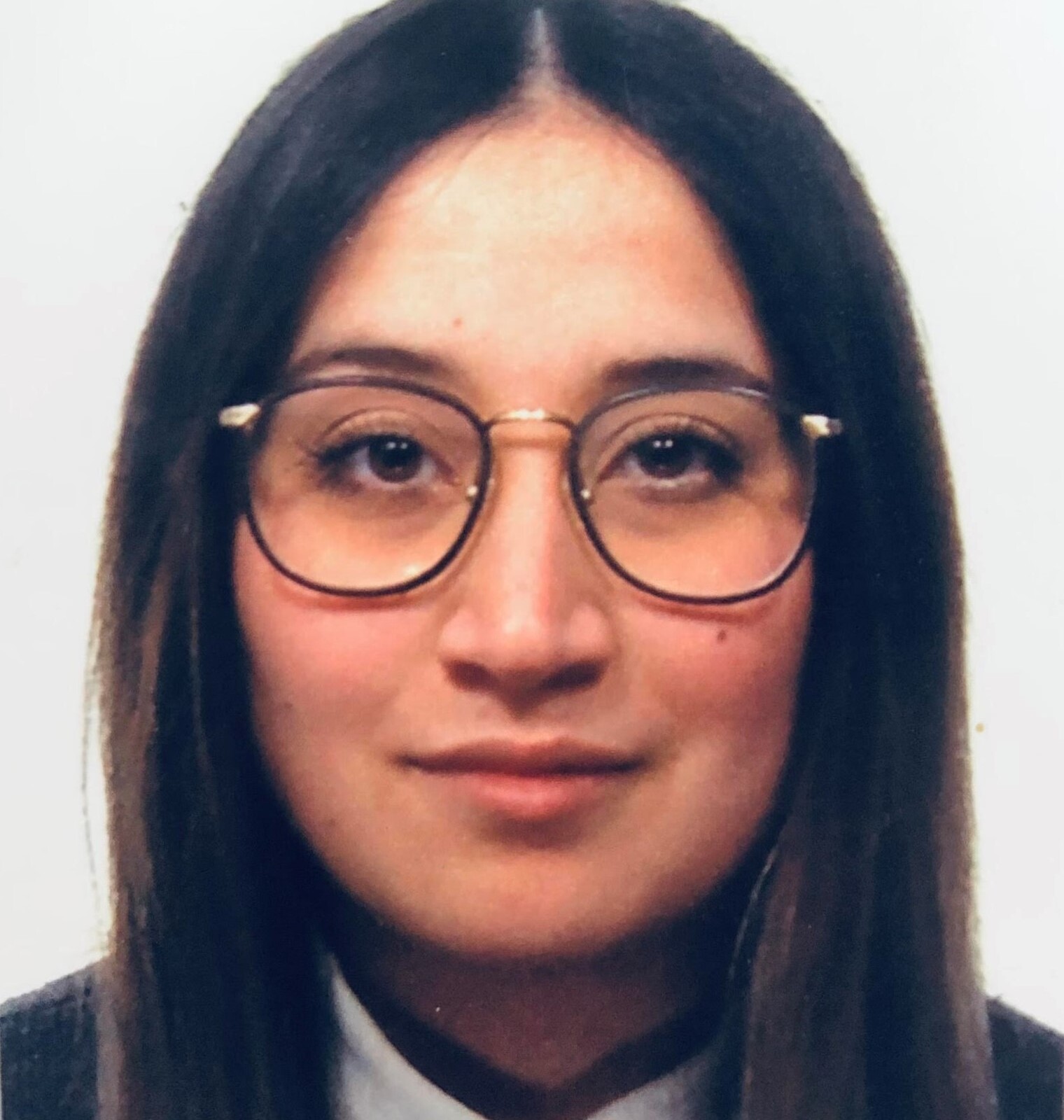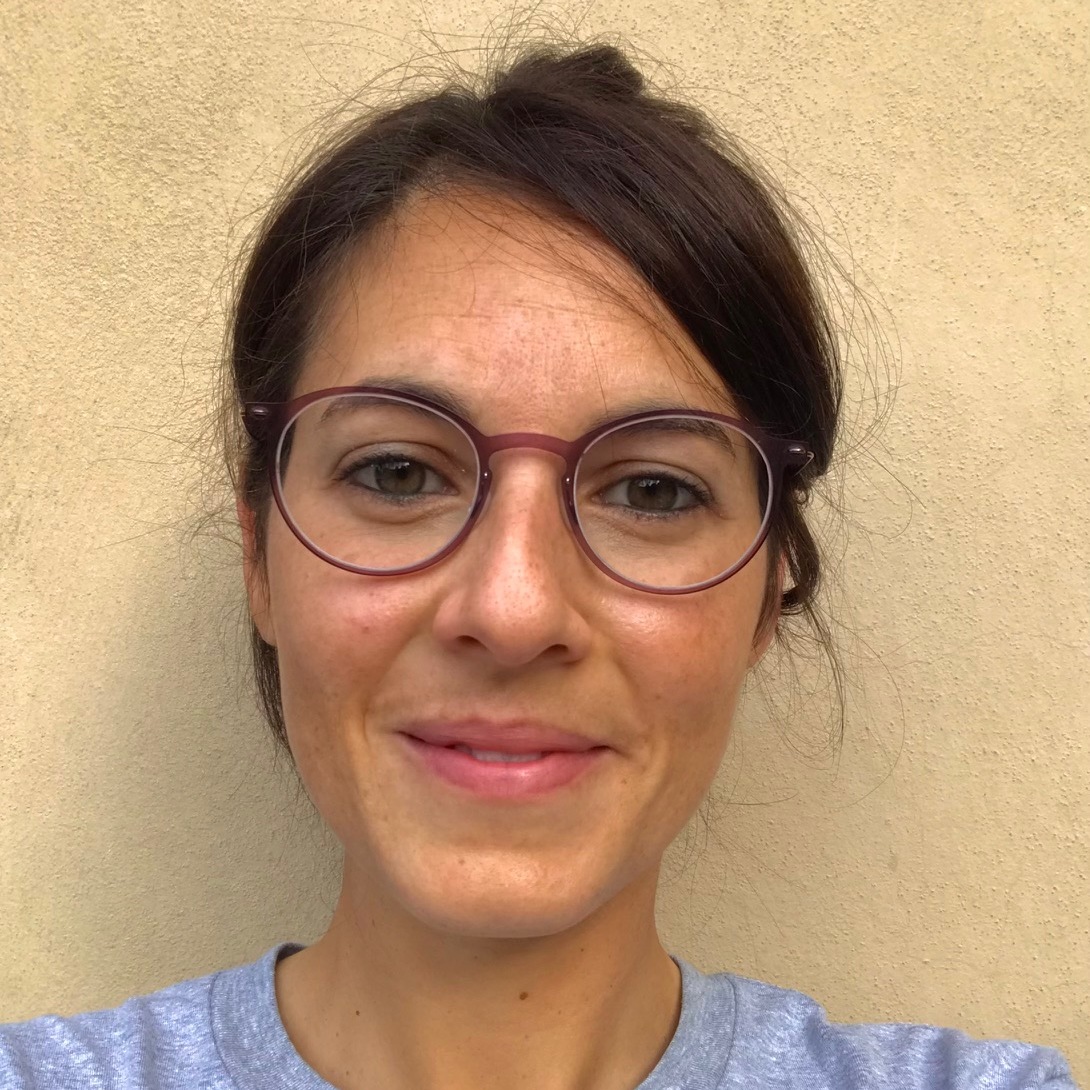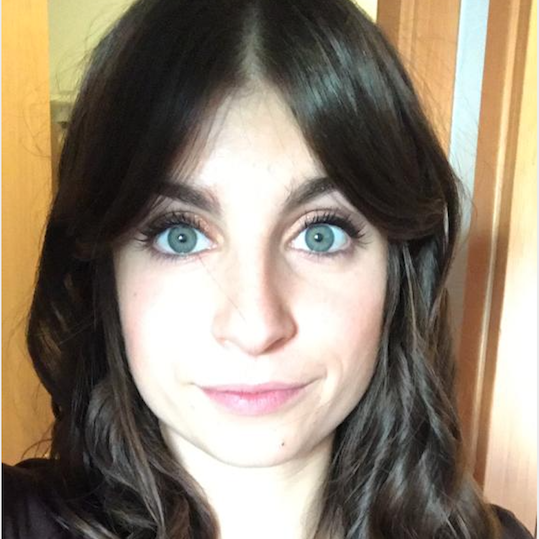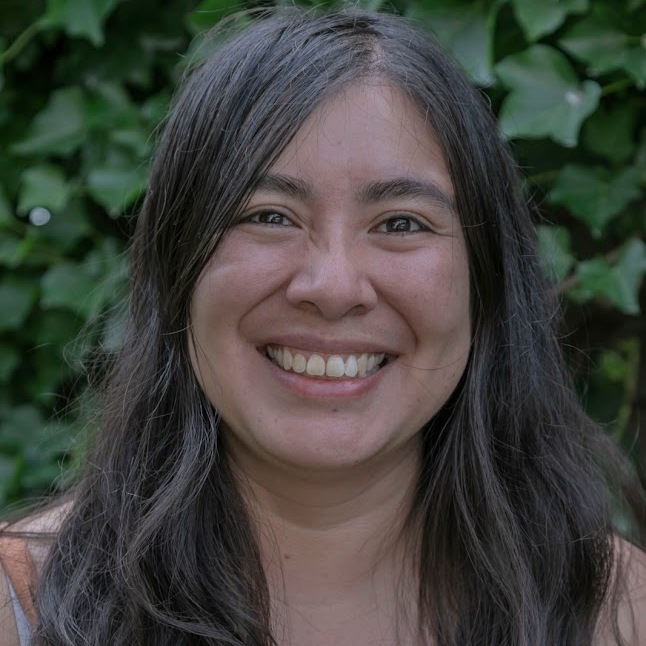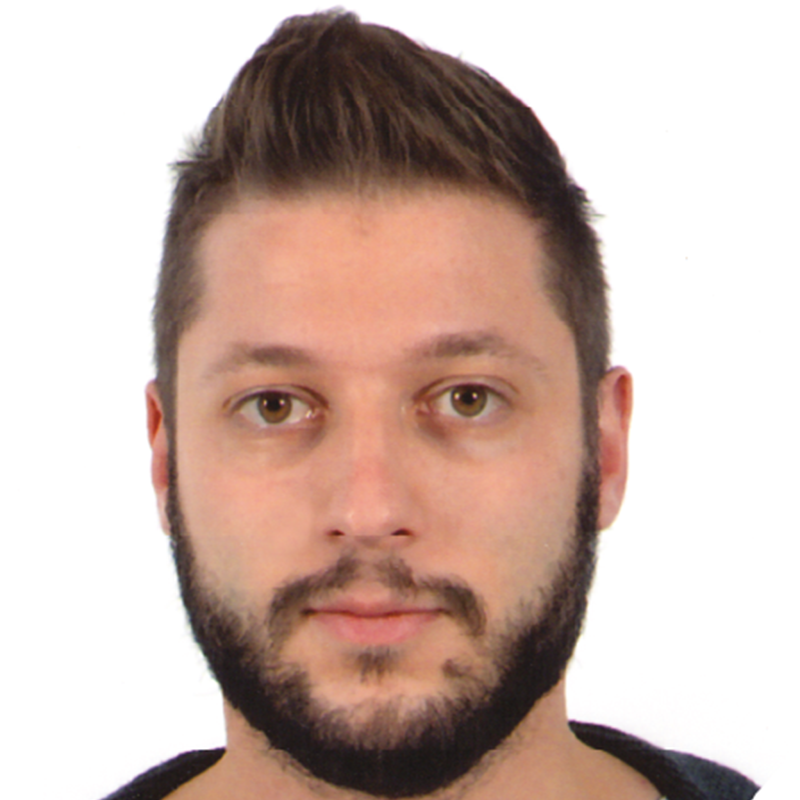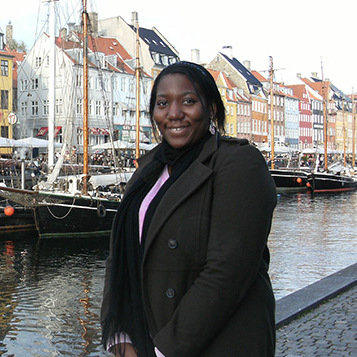Postdocs
Luciano Dibona Villanueva
Dr. Luciano Dibona is a highly motivated Ph.D. researcher who, in 2017, enters the Pontificia Universidad Catolica de Chile’s Chemistry Ph.D. program under the supervision of Professor Denis Fuentealba in the Supramolecular Chemistry and Photobiology Lab. During his studies, he worked in Antimicrobial Photodynamic Inactivation on Penicillium digitatum in vitro. He is currently conducting postdoctoral work as a researcher in Institut Químic de Sarrià characterizing Photophysics on persistent luminescence particles and delving into mechanistic aspects of photodynamic inactivation for the control of lung-infection related bacteria under Light4Lungs European project in Barcelona. His main research areas are Antimicrobial Photodynamic Inactivation, Photophysics and Photochemistry.
Giacomo Insero
Researcher at the department of Experimental and Clinical Biomedical Science “Mario Serio” Starting from ultra-cold atoms experiment, during my PhD in Atomic and Molecular Photonics (IT), I join a group at Fritz-Haber-Institut der Max-Planck-Gesellschaft in Berlin (DE). I set up from scratch a high-resolution spectroscopy experiment in the mid-IR on a molecular beam with a frequency referenced to the primary frequency standard. I also worked on laser frequency stabilization with a focus on the mid-IR. After some time, I moved to the Joint Research Center of the European Commission (Karlsruhe, DE) to develop a new laser-based device used to measure radiocarbon in nuclear waste. I then returned to Italy where I work on buffer-gas cooling techniques and new light sources to be used in applied physics experiments. Today I am an enthusiastic researcher who looks for new innovative applications of light in the medical field.
Maria Micieli
Research fellow at the Department of Experimental and Clinical Medicine of the Unversity of Florence. Current fields of scientific interest are antibiotic resistance, surveillance, molecular epidemiology, microbial biofilms, and new strategies to treat biofilm-associated infections.
Eleonora Riccobono
Master’s Degree in Biotechnologies for Human Health and PhD in Medical Biotechnologies at University of Siena. Currently attending Postgraduate School of Microbiology and Virology at University of Siena. Fields of scientific interest are antimicrobial agents and antibiotic resistance mechanisms; surveillance, molecular epidemiology and clinical impact of microbial drug resistance and of nosocomial infections; and new technologies and approaches in diagnostic clinical microbiology.
Chiara Treghini
Holds a master’s degree in physics and currently is a Research Fellow at the Department of Experimental and Clinical Biomedical Sciences “Mario Serio”.
Chiara Treghini has experience in some in vitro photokilling experiments on bacteria, especially from the point of view of source characterization, using tools such as power meters and spectrometers. In this context, the heating of the samples due to irradiation with LED sources was also evaluated through the use of thermal imaging cameras.
She performed measurements to optically characterize tissues in vivo (for example lung tissue) by obtaining reflectance and absorbance through measurements with an integrating sphere. The sphere was also calibrated in irradiance.
Through the use of the integrating sphere coupled with a spectrophotometer, the characterization of a phosphorescent sample was carried out, determining its quantum yield.
Nidia Maldonado Carmona
Postdoctoral researcher Nidia is Mexican, but did her PhD as part of an ITN-EJD, at the University of Limoges and the University of Coimbra, in France and Portugal respectively. This is her first postdoc position. She has wide interests in non-conventional antimicrobial strategies, such as Photodynamic Therapy.
Maria Méndez Màlaga
Institut Català D’investigació Química
Dr. Maria Méndez works as a postdoc in the group of Professor Emilio Palomares since 2016. She did her PhD in Chemistry at the University Rovira i Virgili (Tarragona) about down-shifting europium doped lanthanum oxide nanoparticles to improve the organic solar cells efficiency. Then, she moved to Grenoble (France) for two years to get experience in perovskite-based solar cells. During all these years, she gained a wide experience in the synthesis of metal oxides nanoparticles and quantum dots with optical properties for photovoltaic applications and more recently in the biomedical field. She has published several scientific works in the synthesis and characterization of nanoparticles and also in the fabrication improvement and kinetics studies of solar cells devices.

